Medical Education vs. Self-Healthcare Education in Empowering Wellness
This is something that everyone should read.


The age-old saying, "An apple a day keeps the doctor away," emphasizes the importance of Self-healthcare and preventive measures to maintain good health.
In today's world, discussions about health and wellness frequently centre on medical education and its role in producing skilled doctors. However, there is an equally important aspect of Self-healthcare education that provides individuals with the knowledge and tools they need to take control of their own health.
GSHER investigates the idea that medical education produces healthy doctors but Self-healthcare education produces healthy people, shedding light on the power of Self-healthcare in achieving and maintaining a happy and healthy life.
Medical education is undeniably important in producing qualified healthcare professionals who play critical roles in disease diagnosis, treatment, and prevention. Medical schools and institutions provide students with the knowledge and skills needed to address a variety of health issues, allowing them to become experts in their field. These professionals are essential for complex medical procedures, surgeries, and treatment plans.
Medical education teaches doctors about diseases, their causes, and treatment options. They learn to interpret medical tests, write prescriptions, and perform surgeries as needed. This rigorous training ensures that patients with complex health conditions receive the best possible care.
Self-healthcare education, on the other hand, is the foundation upon which individuals build and maintain their health and happiness. It provides people with the knowledge, practises, and habits they need to live a healthy life. Nutrition, exercise, mental health, stress management, and preventive healthcare are all aspects of Self-healthcare.
Self-healthcare education empowers individuals to make informed choices about their lifestyles. It teaches people how to nurture their bodies and minds through proper nutrition, regular exercise, and stress-reduction techniques. By understanding the basics of Self-healthcare, individuals can take proactive steps to prevent illness and maintain their well-being.
Self-healthcare education emphasizes the importance of routine check-ups, vaccinations, and early detection of health issues.
Key Differences
Medical education focuses on diagnosing and treating diseases, while Self-healthcare education concentrates on preventing diseases and maintaining overall health.
Doctors are experts in medical treatment, whereas individuals with Self-healthcare education become experts in their own well-being.
Medical professionals specialize in specific areas of medicine, while Self-healthcare is a holistic approach to health and happiness.
Self-healthcare empowers individuals to take control of their health, reducing the need for medical intervention in some cases.
The Synergy of Medical and Self-healthcare Education
It is critical to understand that medical and Self-healthcare education are not mutually exclusive. They collaborate with each other to provide a comprehensive approach to healthcare. Doctors, armed with medical knowledge, can advise patients on the best Self-healthcare practises. They can help people make informed health decisions and provide treatment when necessary.
Individuals who invest in Self-healthcare education can then live healthier lives, reducing the burden on the healthcare system and allowing doctors to focus on critical cases. Individuals can actively manage their health and well-being by practising Self-healthcare.
Self-healthcare education has the potential to significantly reduce the burden on healthcare systems worldwide by providing individuals with the knowledge and tools to make informed health decisions. It has the potential to reduce the prevalence of chronic diseases, reduce healthcare costs, and improve overall quality of life.
Global Self-Healthcare Education and Research is a game-changing initiative that aims to change the way we think about healthcare. It recognises the significance of providing individuals with the knowledge and skills they need to stay healthy and happy. It aims to bridge the gap between traditional medical education and Self-healthcare through comprehensive educational programmes and research initiatives
Dr Biswajit Mohapatraa
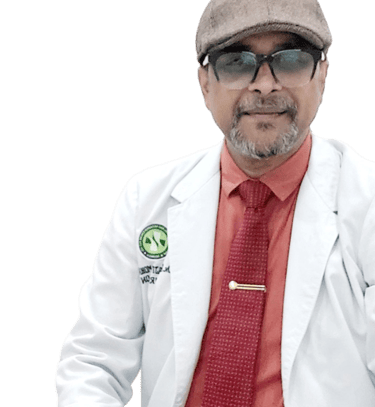

An InsightfuI Interview With
Dr. Biswajit Mohapatra
Dr. Mohapatra's perspective on the importance of Self-Healthcare and its impact on our health is both inspiring and revolutionary.
Dr. Mohapatra firmly believes in his new venture and affirms, "Just like other players in the healthcare field, we do not enjoy earning money from your illness, but from the effort we put in to preserve and protect your body for the rest of your life."
Dr Subhasis Das, an eminent industrialist and president of Global Self Healthcare Education and Research is the interviewer.
Dr. Subhasish Das, President, GSHER - Dr. Mohapatra, thank you for joining us today to discuss self-healthcare education and its profound impact on individuals' well-being. Can you share your perspective on the quote, "We enjoy earning money not from your illness, but from the effort we put into preserving and protecting your body for the rest of your life"?
Dr. Biswajit Mohapatra, Chairman, GSHER Thank you for having me. This quote encapsulates the essence of our mission at Global Self-Healthcare Education and Research. Traditional healthcare systems often profit from treating illnesses, but our approach fundamentally differs. We aim to empower individuals with knowledge and tools to proactively care for their health. When people invest in preserving and protecting their bodies, they can lead healthier, more fulfilling lives, and we support them in this journey.
Dr. Subhasish Das: That's a commendable mission. Could you elaborate on the key differences between traditional medical education and self-healthcare education?
Dr. Biswajit Mohapatra: Certainly. Traditional medical education primarily focuses on training healthcare professionals to diagnose and treat illnesses. While this is essential, it often leaves individuals as passive recipients of care. Self-healthcare education, on the other hand, empowers individuals to take control of their health. It equips them with knowledge about preventive measures, lifestyle choices, and early detection, reducing their reliance on the healthcare system and decreasing the burden on it.
Dr. Subhasish Das - How do you envision the role of self-healthcare education in promoting overall health and well-being?
Dr Biswajit - Self-healthcare education is a catalyst for a healthier society. It encourages people to adopt healthier habits, make informed decisions about their diet and exercise, and take preventive measures to reduce the risk of diseases. It's about promoting holistic well-being, not just the absence of illness. When individuals are proactive about their health, they can prevent many health issues from arising in the first place.
Dr Subhasish Das - What strategies do Global Self-Healthcare Education and Research employ to promote self-healthcare?
Dr Biswajit - Our organization focuses on raising awareness, providing accessible resources, and offering educational programs. We use various channels, including digital platforms, community workshops, and partnerships with healthcare providers, to ensure that self-healthcare knowledge is readily available. The more people are informed, the more likely they are to embrace SAelf-Healthcare practices.
Dr Subhasish Das - That's indeed a comprehensive approach. In closing, what message would you like to share with our audience regarding the importance of self-healthcare education?
Dr Biswajit - I'd like to emphasize that self-healthcare education isn't a luxury; it's a necessity. Your health is your most valuable asset, and it's within your power to protect and enhance it. Take the initiative to learn, adopt healthy practices, and engage with the self-healthcare resources available to you. When individuals are proactive in preserving their well-being, it not only benefits them but also creates a healthier, more sustainable healthcare system for everyone.
Dr Subhasish Das - Thank you, Dr. Mohapatra, for your insightful and inspiring perspective on self-healthcare education. Your dedication to this cause is undoubtedly making a positive impact on many lives.
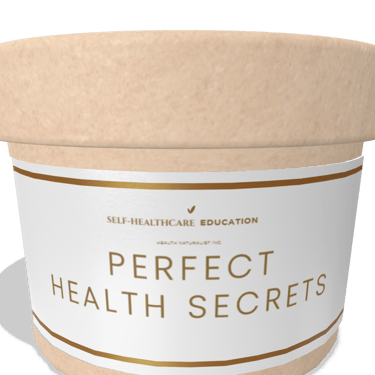
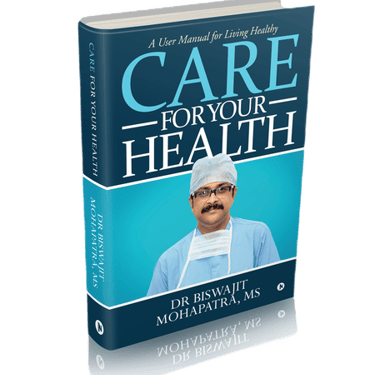
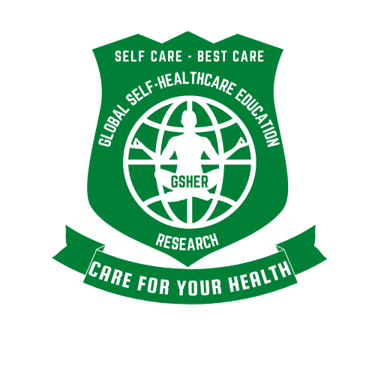

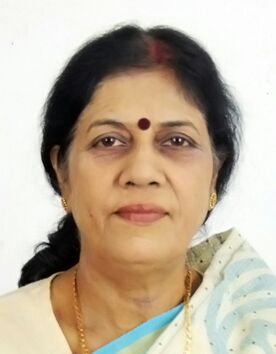
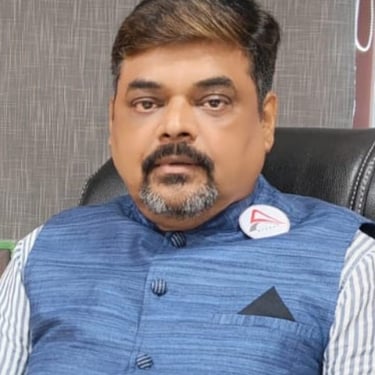
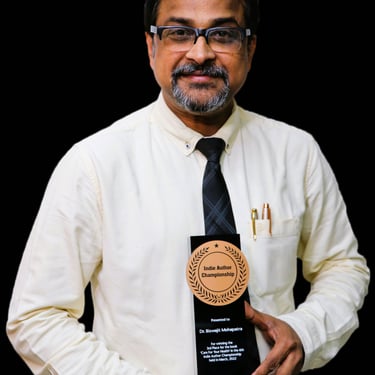
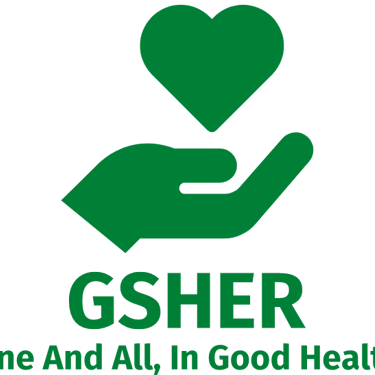



A Course Specially Designed for You
More than 7 hours of information.
Blueprint For Living Healthy
Now @ 70% discount only for a few days


